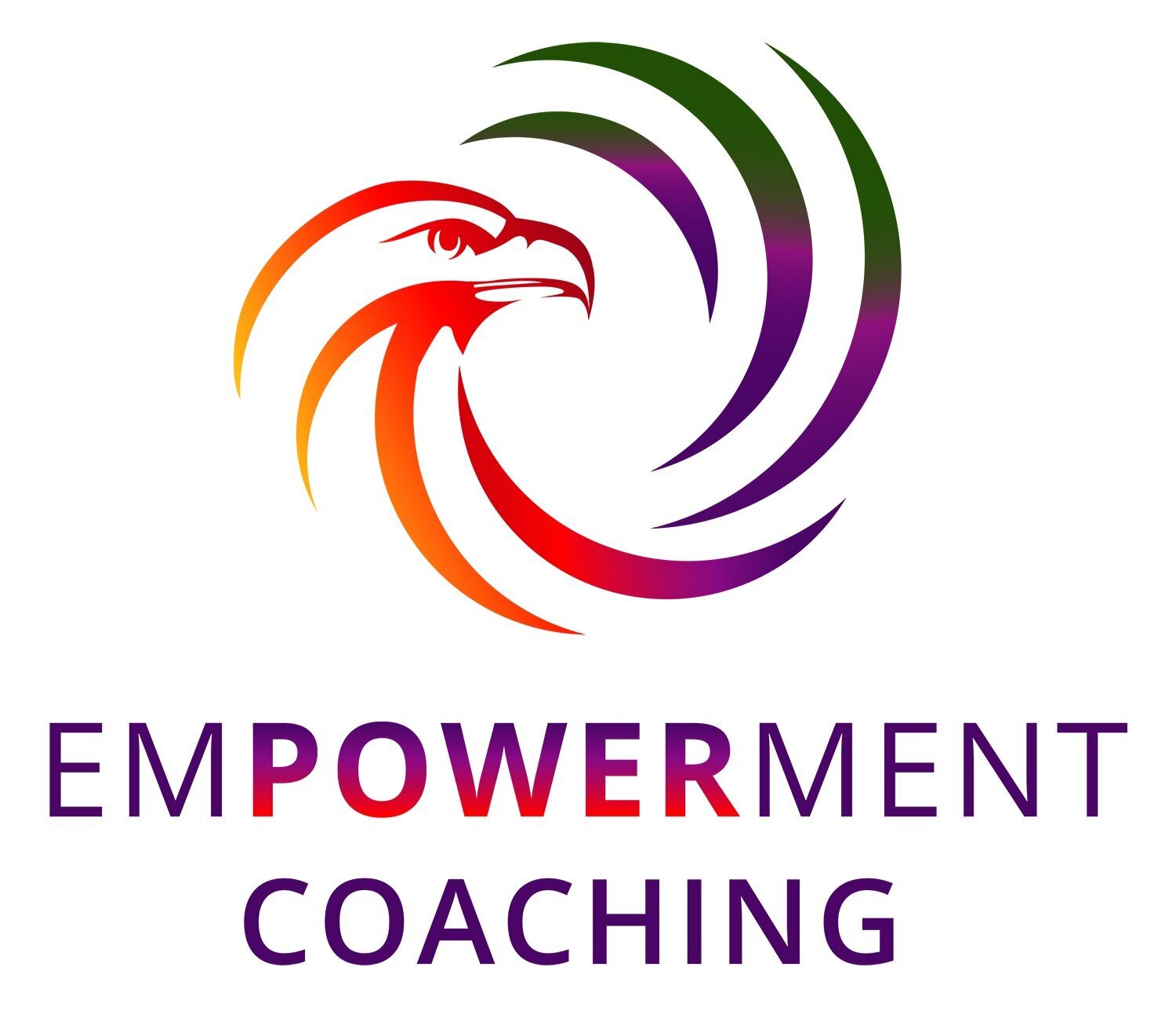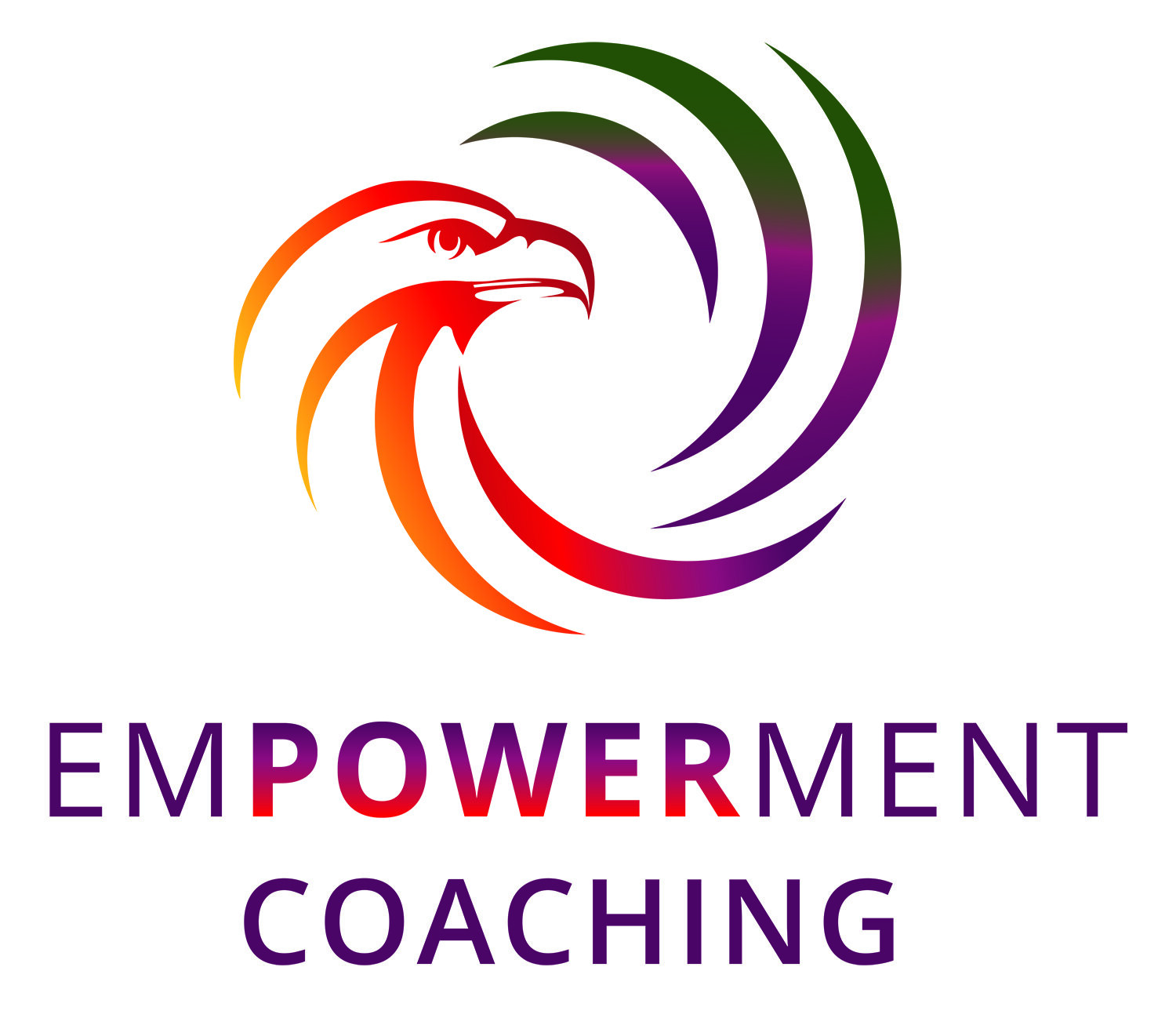Growing Healthy Relationships
A recent blog post focused on John Gottman’s “Four Horsemen of the Apocalypse”, those signs that a relationship is in big trouble. This week, let’s focus on what Gottman has to say about relationships that are doing well.
In Gottman’s research, one of the prime signs a relationship was in trouble was negative comments between the partners. Indeed, Gottman’s research showed happier relationships (Masters of relationship) had a 5:1 ratio of positive comments to negative comments even under stress vs the unhappy couples (Disasters of relationship) who had a .8:1 relationship, in other words slightly more negative comments than positive.
Gottman and his wife, Julie, after 17 years of researching relationships, created a model for healthy relationships which they then used to treat couples at their Gottman Institute. They made a modifiable theory based on what they learned from the Masters who had a good handle on relationships and called it Sound Relationship House Theory.
The twin pillars of support for a relationship are Trust and Commitment. The foundation for the Relationship House is the bottom three layers: Building Love Maps, Sharing Fondness and Admiration, and Turning Towards vs Away.
Building Love Maps means knowing each other’s worlds, creating a map of your partner’s internal world by asking questions, such as “If you could do anything with our house, what would you change?”, “What’s your favorite movie and why?” “What was your most embarrassing moment and why?” It involves building your connection through the questions.
Sharing Fondness and Admiration means letting your partner know what you love and admire about him/her, appreciating your partner heavily. Gottman recommends doing this throughout the day. This would include noticing things your partner is doing, saying thank you, commenting in positive ways about your life together, etc.
Turning Towards is the easiest one to change. It’s basically prioritizing your partner when s/he attempts to connect with you. Put down the phone, turn off the TV, focus on what your partner is wanting to connect with you about. If s/he says “Oh, look at the boat out the window”, choose “Wow! That’s cool!” vs “Stop interrupting me!” or “Bet that costs a lot”, or ignoring the request altogether.
Gottman talks about how these three levels must be solid to build upon or it is next to impossible to maintain romance and passion. He makes the point that a person cannot rebuild a damaged relationship by sending flowers, creating a romantic evening, etc without first doing some work to re-establish the base layers of the relationship previously discussed.
The middle layer in the Relationship House is called Positive Perspective and means giving your partner the benefit of the doubt when there’s conflict. Negative Perspective people assume the worst, assume their partner will attack or lie or doesn’t really care. For the most part, one works on this level indirectly through the upper or lower levels of the House. The Positive Perspective is the litmus test for relationship success. This level can only be shifted by improving the base of the House, improving the friendship first, then romance and sexuality will come around on their own.
The next level up is Managing Conflict. You’ll be heartened to know that 69% of all problems in relationships are unsolvable, they never go away. They are based on differences in personality style ( an orderly, tidy person married to a messy, disorganized person) or lifestyle choices (a lark married to an owl). How Masters manage conflict is through the following 4 ways:
Softened start-up: (the first three minutes of a conversation are predictive of the success of the relationship!) Focus on own feelings, describe the “what” of the situation, not “who” (I feel discombobulated by the clutter in our house). Then describe what you need, “I’m wondering if we can organize just the kitchen so it functions better”.
Masters repair their mistakes. Even Masters of relationships have times they don’t like each other. The big difference is they repair damage vs ignoring it. They take responsibility, which is the most POWERFUL repair there is. In other words, they take ownership for their part in a conflict and apologize for that.
Masters accept influence from each other. “You think it would be better to do X than Y? Ok, I can see that” vs Disasters who do the “Stop trying to control me!” schtick.
Masters have an ongoing dialog about perpetual problems, develop systems to deal with those problems and create temporary solutions. “Let’s do an hour of cleaning together, then go to dinner”. When there’s a conflict that seems unreasonably sticky, ask “Is there an underlying history to your position on this issue?”. For example, if your partner always had to set the table and you desire to have him/her do that now, trouble may ensue until that underlying issue is revealed.
The next level up is Making Life Dreams Come True. In order to support each other’s life dreams, even the dreams the other person has given up on, you have to know what those dreams are. Honor each others’ dreams: “What do you yearn for?” “When you were a kid, what did you think about X?”.
The final level at the top of the House is Creating Shared Meaning. Humans are meaning-makers; we assign meaning to everything. Share with each other what you believe your purpose for being on this Earth is. What’s important to you? What would you like your legacy to be? What would you like said at your funeral? Gottman notes that 89% of couples can end a gridlocked issue within 2 days by talking about WHAT the issue MEANS vs logistics, problem-solving, etc. You don’t necessarily have to have shared values, but you definitely have to be respectful and honor your partner’s values.
Hopefully the House analogy helps you assess your current relationship and maybe tweak a few things so it functions better. Above all, Gottman pointed out “The most important ingredient of all is trust”. He indicated it is easier to lose trust than to rebuild it. Trustworthiness is the MOST desirable characteristic being sought in partners on dating sites. In a relationship, we often build trust through subconscious “trust tests”, which answer the questions: ‘”Will you be there? Will you follow through? Will you work to understand me?” Knowing these keys to relationship success can go a long way toward creating more positive, healthy relationships in your life.


